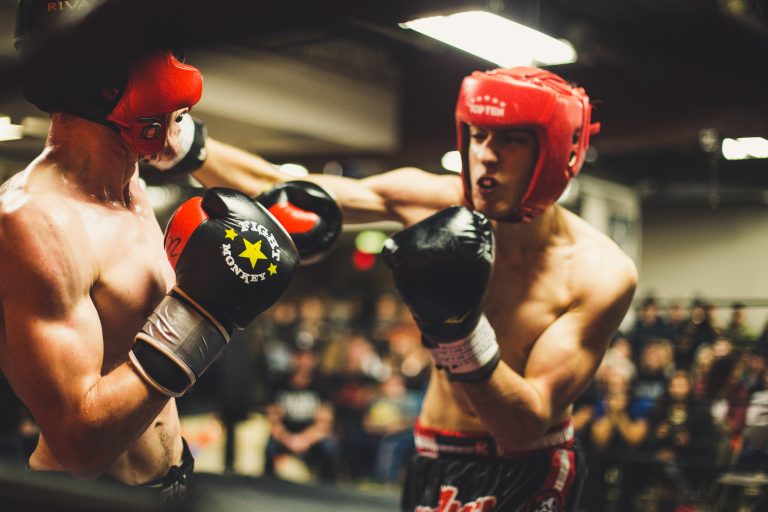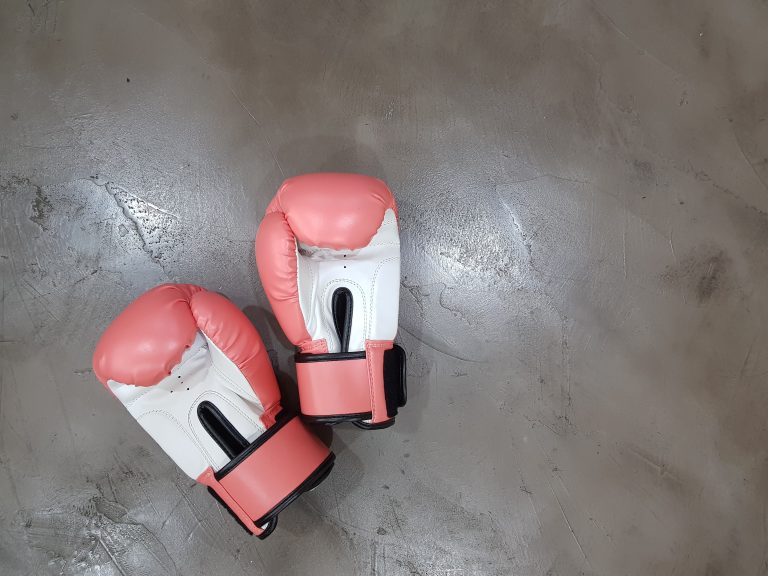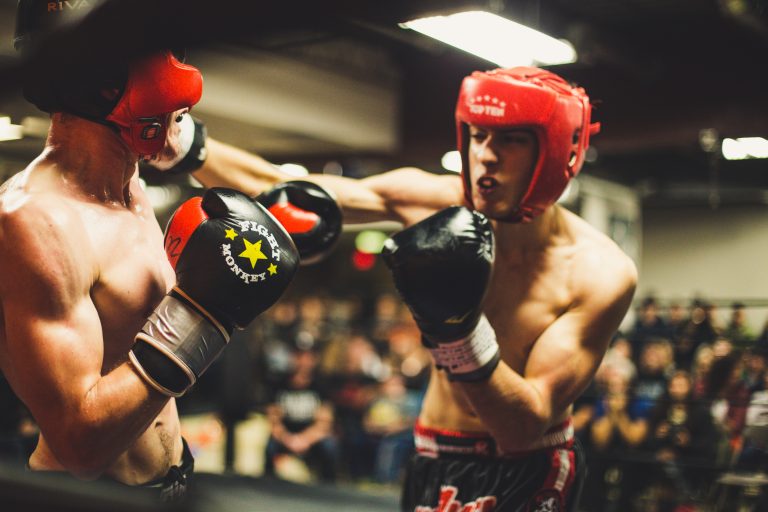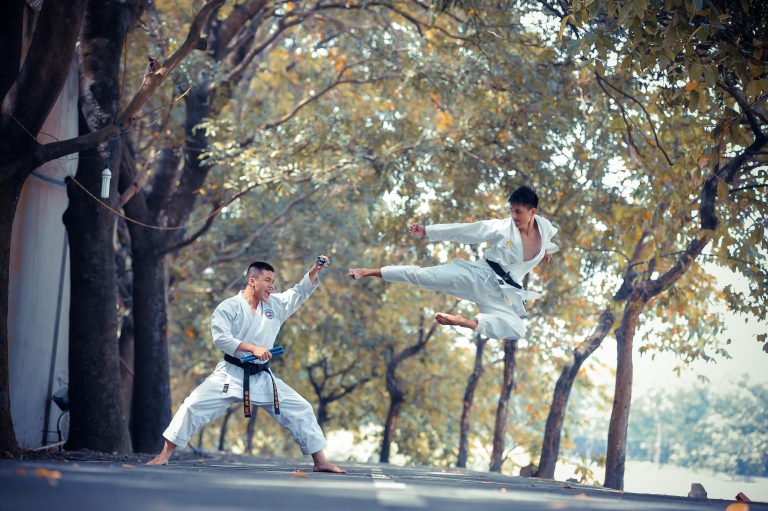Karate for Children: What Age Is Too Young To Start?
Karate is a popular martial art that several people have probably heard of. It has grown in popularity over the years, but it’s still often seen as a mysterious subject. One of the main questions that many people have is: “What age is too young to start karate?”
This is an interesting question that many parents are faced with now, as they try to decide which activities are best for their children. Karate can be an incredibly beneficial activity for kids of all ages, and with the right motivation and engagement, it can cultivate an interest in martial arts that will stay with them for the rest of their lives. But how young is too young to start?
In this post, we’ll look into some of the pros and cons of starting karate at an early age, as well as some important considerations parents should keep in mind when deciding whether it’s the right choice for their child. So, let’s dive in and explore what makes karate such a great opportunity for kids of any age.
The Pros and Cons of Starting Karate at a Young Age
Let’s start with the pros. Karate is an activity that can be great for kids of all ages. Karate classes can provide kids with an incredible outlet for energy – an outlet that can, when properly channeled, lead to improved concentration levels and a deeper understanding of discipline. As an added bonus, research shows that regular physical activity, such as karate, can have lasting positive effects on physical, mental, and social development.
Karate can also be great for developing motor skills and strength in younger children. This is due to the fact that it requires children to use their entire body in a controlled environment, as they learn kata (forms) and each move becomes part of a larger series of movements.
Finally, karate is something that kids can continue to do even when they enter adulthood. Starting at a young age will ensure that your child has increased chances to continue this practice into adulthood and enjoy the benefits associated with it even more.
Now let’s take a look at the potential downsides of starting karate too early. The biggest thing to consider here is that kids’ bodies are still developing during early childhood. This means that shorter, occasional classes may be better suited for younger children than longer, more frequent classes. There is also the risk that children may become frustrated and lose interest in karate if they’re not properly motivated. Finally, it’s important to consider the style of karate being taught in the class as some styles focus on impactful physical contact while others emphasize form and mental discipline.
Important Factors To Consider When Deciding The Right Age to Start
Now that we’ve looked at the general pros and cons associated with starting karate at an early age, let’s explore some of the key deciding factors and age-appropriate requirements for starting karate:
Age Range
Most karate classes are designed for children ranging from age three to age twelve. However, it is important to know that classes may vary depending on the instructor’s qualifications and experience. It’s best to check with your local dojo or karate club to find out exactly which classes are available for your child and what age requirements they may have before enrolling your child in any classes.
Physical Readiness & Maturity For Karate
Kids should reach certain milestones in their physical development before they can start showing significant progress in their karate practice. Kids generally need to be able to follow instructions well enough to learn basic movements. Usually this means kids should possess sufficient physical control as well as attention and impulse control before they’re ready to start karate classes.
Before enrolling your child in a karate class, it’s important to both make sure they are developmentally ready and understand what they would be getting into. If a child has difficulty following instructions or remains unfocused then starting them off in a Karate class may do more harm than good.
Motivation
Karate can be an incredibly fun activity for kids, full of purposeful movement and physical competition. It hones discipline and self-control, as well as physical strength and agility. However, it also takes dedication and perseverance. Parents should actively gauge their child’s interest in joining a Karate class and make sure this enthusiasm is maintained throughout their training. As with most activities, if there’s no genuine interest or enthusiasm then motivation will eventually fade.
Conclusion
In conclusion, there’s no definitive answer to the question of “What age is too young to start karate?”. Deciding when to start karate should take into account factors such as your child’s physical development, attention span, and motivation level. Ultimately, it’s best to involve your child in the decision as much as possible and ensure that everyone understands what they would be getting into before enrolling in any classes.
Karate for Children: What Age Is Too Young To Start?
Karate is a martial art that is widely popular among all age groups. It is not only a great sport, but it also teaches kids about self-defense, discipline and respect for others. Karate training can be an excellent addition to a child’s development, but one question that frequently arises is „what age is too young to start karate?“ In this blog post, we will address this question and provide you with useful insights on karate training for kids.
What is Karate?
Karate is a martial art originating from Japan that involves a combination of striking and grappling techniques, including kicks, punches, and throws. It also involves training in self-defense techniques, such as blocking, dodging, and counter-attacks. Karate has become popular around the world as a sport and a form of exercise, with many schools and clubs offering programs for children.
What Are The Benefits of Karate Training for Kids?
Karate training for kids can have many benefits beyond just learning how to defend oneself. Some of the benefits include:
- Improved Physical Fitness: Karate training involves a lot of movements that increase fitness levels, such as running, jumping, and kicking. It can improve strength, endurance, and cardiovascular health.
- Self-Defense: Karate teaches children how to defend themselves against physical attacks, as well as how to avoid them. This can boost children’s self-confidence and help them feel safer in potentially dangerous situations.
- Discipline: Karate training involves a lot of rules and regulations that children must follow. This can help instill discipline and respect for authority in kids, helping them to become more responsible and accountable in other areas of their lives.
- Mental and Emotional Health: Karate can help children build a strong sense of self-confidence, self-worth, and resilience. It can also teach them how to manage stress and regulate their emotions more effectively, improving their overall mental health and well-being.
What Age is Recommended for Children to Start Karate Training?
The best age for children to start karate training can vary depending on a few factors, such as their physical and mental development, as well as their individual interests and motivation to learn. However, most karate schools and organizations typically recommend that children start training at around 4-6 years old.
What Are The Risks of Karate Training for Younger Children?
Although karate can have many benefits for children, there are also some risks that parents should be aware of. Younger children may be more susceptible to injuries from high-impact techniques, such as kicks and throws. There is also a risk of emotional trauma if a child is pushed too hard or feels overly pressured to perform.
How Can Parents Ensure Their Child’s Karate Training is Safe and Appropriate?
To ensure their child’s karate training is safe and appropriate, parents should do the following:
- Choose a reputable and experienced karate school or instructor who has experience working with younger children.
- Teach their child good sportsmanship and respect for others.
- Communicate openly with their child’s instructor about their concerns or questions regarding their child’s training.
- Ensure their child has adequate protective gear, such as gloves and headgear.
- Monitor their child’s progress and check in regularly to make sure they feel comfortable and happy with their training.
Conclusion
Karate can be an excellent sport and activity for children of all ages, but parents should take caution when starting younger children in training. It’s important to choose a reputable instructor and organization, communicate openly, and ensure proper safety protocols are in place. By doing so, parents can help their child enjoy the many benefits of karate training while minimizing the risks.
Inhaltsverzeichnis






